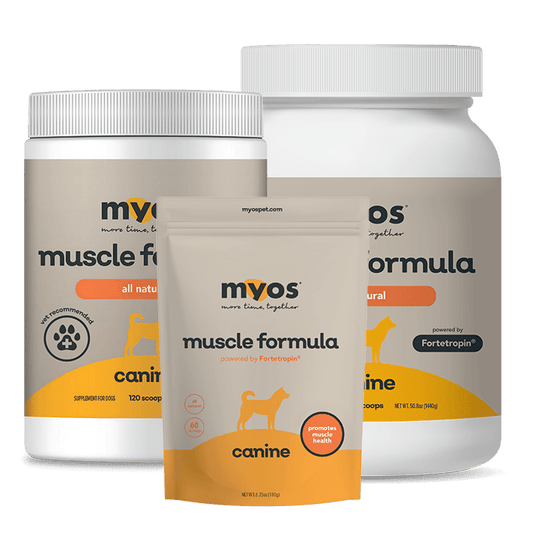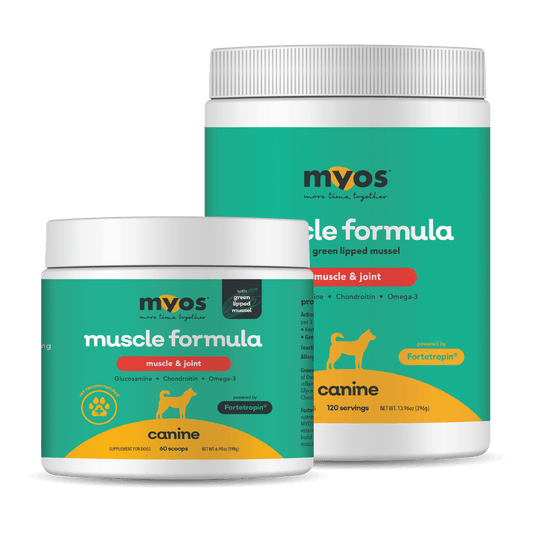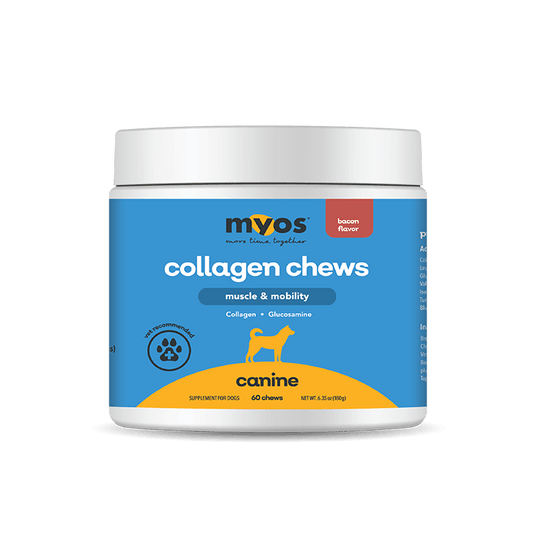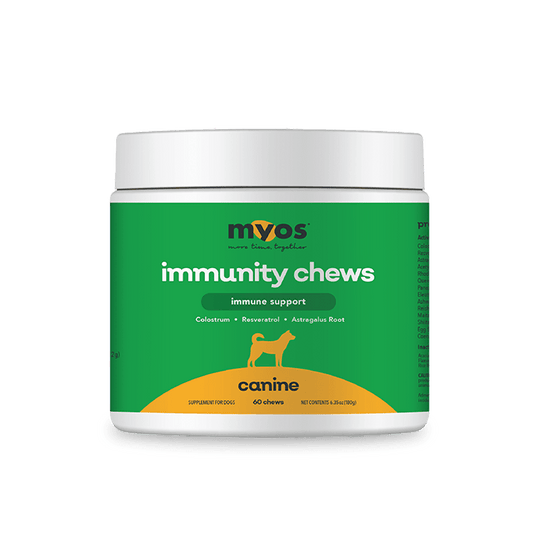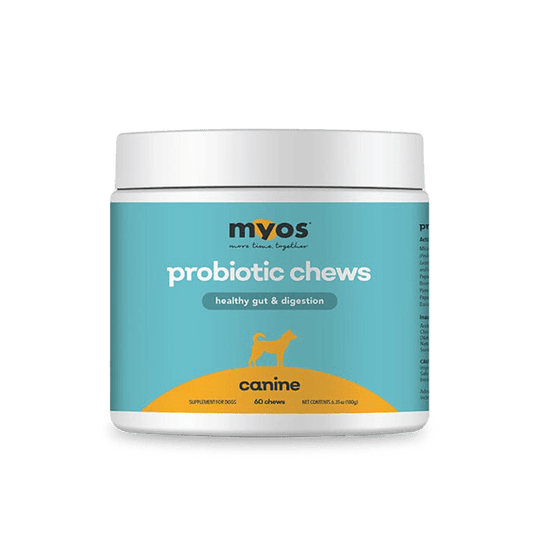As the leaves change and the air turns crisp, fall brings a host of new allergens that can affect your dog’s health. Just like humans, dogs can suffer from seasonal allergies, with common culprits including pollen, mold, and dust mites. Here’s what you need to know to help your furry friend stay healthy during allergy season!

Recognizing Fall Allergies in Dogs
Dogs can exhibit various signs of allergies, which may include:
- Excessive scratching or licking
- Red, inflamed skin or hot spots
- Runny eyes or nose
- Ear infections
- Coughing or sneezing
If you notice these symptoms, it’s essential to consult your veterinarian to confirm the diagnosis and rule out other potential causes.
The Impact on Health and Activity Levels
Allergies can be more than just a nuisance—they can also impact your dog’s overall health. Constant scratching and licking can lead to skin infections, while ongoing discomfort can make your dog less active, potentially leading to muscle loss and weight gain. This decrease in physical activity can be particularly problematic for older dogs or those with preexisting conditions that already make maintaining muscle mass a challenge.
Tips to Manage Fall Allergies in Dogs
Here are some practical steps you can take to help manage your dog’s allergies:
-
Keep Your Dog Clean: Regular baths with hypoallergenic shampoos can help wash away allergens from your dog’s coat and skin. Wiping down your dog’s paws and fur after walks can also reduce the amount of allergens brought into your home.
-
Maintain a Clean Environment: Vacuum regularly, wash your dog’s bedding, and use air purifiers to minimize indoor allergens. Keep windows closed on high pollen days to prevent outdoor allergens from entering your home.
-
Support Your Dog’s Immune System: A strong immune system is crucial in helping your dog fight off allergens. A great way to get an immunity boost is to add MYOS Canine Immunity Chews into their daily routine!
-
Stay Active: Encourage light exercise tailored to your dog’s comfort level. Even short, gentle walks or indoor play can help maintain muscle strength and prevent atrophy. MYOS Canine Muscle Formula can be particularly beneficial in supporting muscle maintenance and overall health, even if your dog’s activity levels are temporarily reduced.
-
Consult Your Vet: Always seek veterinary advice for managing your dog’s allergies. Your vet may recommend medications such as antihistamines, fatty acid supplements, or other treatments to help control symptoms and keep your dog comfortable.
Fall allergies can be a challenging time for your dog, but with the right care and support, you can help them stay healthy and active. Remember, a proactive approach to managing allergies can help your dog continue to enjoy all the fun and excitement that fall has to offer!

